Going home without my burden
Going home behind the curtain
Going home
Without the costume that I wore
I couldn't do anything else on the day I heard that Leonard Cohen had died but listen to him sing. I first learned his name in 1965, when I was a college student and my father called me one night to say he had just seen a CBC documentary called Ladies and Gentlemen, Leonard Cohen. He told me, "You will want to see this."
It took me a few years to finally see the film. I eventually tracked it down. It was harder to do in those days—before we had the Internet—but I found it several years later when a Canadian friend of mine loaned me a crude copy of the film he’d made at home when it may have been rebroadcast on CBC television. Because my dad had been impressed by Cohen’s poetry and his presence, I immediately sought out copies of two early books of his poems, The Spice-Box of Earth and Flowers for Hitler. (The former took its name from a ceremony marking the end of the Sabbath and the latter was a purposely ironic title.) I was just beginning to write and Cohen’s poems became a permanent part of my daily reading and an important part of my life. I had written some poems, and even read them at places like The Coffee Gallery in San Francisco and poetry gatherings, but Cohen’s poems spoke to me in ways that poems by other poets had never quite managed to do. Decades later his poems and songs were still on my bookshelf, on my ancient phonograph, my new CD player, and my iPad.
The title of his new album, released in October of 2016, and also the title of its opening song "You Want It Darker." It was his parting gift to us. It's fitting that the song quotes from the Mourners Kaddish, a prayer for the dead, and that its key phrases are "Heneni," (Hebrew for Here I am) and follows this immediately with "I am ready, L-rd." Although we didn’t know it at the time, it was as much a farewell as David Bowie’s Blackstar had been earlier in the year. Leonard’s death still came as a shock. It felt like losing a member of the family.
For Leonard Cohen, whose place in Canadian culture is roughly similar to Dylan’s in the U.S. (although by now, they both belong to the world), the yearning to join a wider culture (even as a critical voice) at the expense of acknowledging one’s heritage doesn’t seem nearly as tempting. Changing one’s identity in Canada, which has preserved a tradition of Canadian citizenship that coexists with ethnic identity, if not easily, at least acceptably. It’s no longer necessary to rebel in the same way. Both Dylan and Cohen made tradition work for them. Both had wanted a piece of the wider world while remaining who they were, making a unique, imaginative contribution to the culture of the world at large.
If Woody Guthrie was Dylan’s model, Cohen’s was Spanish poet Federico Garcia Lorca. Cohen made his entry into popular music from the more sophisticated realm of poetry rather than the more uncomplicated world of folk music, although it was a major influence on his way of making songs.
After Woody, Bob discovered Rimbaud and began writing lyrics that owed more to the surrealists than the Carter Family. Leonard saw very quickly that Dylan had made it possible to put poetry on the jukebox and his own youthful interest in folk and rock music was rekindled when he saw the possibilities Dylan led others to explore. By creating lyrics with a broader range and that used more exciting language than anything that had come out of Tin Pan Alley, both Dylan and Cohen helped change the face of folk and popular music, not only in North America but everywhere.
Some fans and critics accused Dylan of treason for “selling out” when he went electric at the Newport Folk Festival in 1965. Canadian literary critics were also angry when Cohen did much the same in 1967 by turning his poems like “Suzanne” into songs. Already a poet of some reputation, Leonard had the chutzpah to write and record songs that attracted a wide audience, an unforgivable sin for poets who were literary professors with few readers. Cohen no longer gave poetry readings to small groups on college campuses but now sang to thousands at festivals like the Isle of Wight in England, the Mariposa Festival in Canada, and later the Glastonbury Festival. Both Dylan and Cohen became models for the next generation of songwriters who performed their own work, not teachers of college students enrolled in creative writing classes.
Early in his career, Cohen was still confined to a more limiting world of poetry he was known only as a promising young poet. In 1964, a few years before he turned his talents to writing songs that would be sung and listened to in nearly every corner of the globe, he once told an audience he hoped to play the guitar behind his poems one day.
Leonard Cohen was born into one of Montreal’s most prominent Jewish families. The poet and songwriter whose influence has been felt by visionary artists in every part the world from songwriters such as Kurt Cobain and Bono to filmmakers like Robert Altman and Quentin Tarantino descends from rabbis, Hebrew grammarians, and Talmudic scholars. His family also includes leading Canadian Zionists and the founder of the first Anglo‑Jewish newspaper in North America. His grandfather and great uncles helped found the Shaar Shamayim (Gate of Heaven) synagogue in Montreal. Dylan’s mother and father were Jewish community leaders in tiny Hibbing, Minnesota and relatives were prominent in Duluth, where many members of his family had migrated from eastern Europe or had been born there as the children of immigrants.
On Cohen’s final album, You Want It Darker, which met with nearly universal critical acclaim upon its release only weeks before his death while in the advanced stages of cancer, he is backed on two songs by the choir from the synagogue he grew up in, and on the title song by both the choir and the synagogue’s cantor, Gideon Zelermyer.
In his fifties, Cohen was ordained a Zen Monk and lived for several years in a Buddhist community on Mt. Baldy near Los Angeles, where he both davened (prayed) and sat (practiced Zazen). In an interview with my friend Arthur Kurzweil for The Jewish Book News, he recalled Allen Ginsberg asking him, "How do you reconcile this with Judaism?" He replied that he found no conflict. “I don't think the two are necessarily mutually exclusive, depending on your position,” said Cohen. “As I have received it from my teacher, there is no conflict because there is no prayerful worship and there is no discussion of a deity in Zen.”
In 1993, he wrote to The Hollywood Reporter, which had written about his involvement with Zen: “My father and mother, of blessed memory, would have been disturbed by the Reporter’s description of me as a Buddhist. I am a Jew. For some time now I have been intrigued by the indecipherable ramblings of an old Zen monk. Not long ago he said to me, ‘Cohen, I have known you for 23 years and I never tried to give you my religion. I just poured your sake.’ Saying that, he filled my cup with sake. I bowed my head and raised my cup to him crying out, ‘Rabbi, you are surely the Light of your Generation.’ I grew up in a Catholic city, and my Catholic friends have horror stories about what Catholicism is, and my Jewish friends had horror stories about Hebrew school. I never had [their experience]. I never rebelled against my parents. Even when I was taking acid and living at the Chelsea Hotel and feeling miserable about myself, it never occurred to me once to blame my situation on my family, my city, my religion, or my tribe. So, I always thought it was great—what they were practicing—and I've tried to keep it up in my own half‑assed way.”
Leonard had always told us that many of his poems and songs were deeply influenced by the stories he heard as a child. In his song “Story of Isaac,” he retells the Torah portion called The Binding of Isaac (read aloud in the synagogue every Rosh Hashanah) in contemporary language and from the point of view of Isaac:
The door it opened slowly
My father, he came in
I was nine years old
He stood so tall above me
His blue eyes they were shining
And his voice was very cold
He said, ‘I’ve had a vision
And you know I’m strong and holy
I must do what I’ve been told
So he started up the mountain
I was running, he was walking
And his axe was made of gold
And later in the song:
You who build these altars now
To sacrifice these children
You must not do it any more
A scheme is not a vision
And you never have been tempted
by a demon or a god
“Who by Fire” was inspired by the Yom Kippur liturgy, based on the melody and the text of a Hebrew prayer:
Who by fire
Who by water
Who in the sunshine
Who in the nighttime?
Who by high ordeal, who by common trial,
Who in your merry, merry month of May,
Who by very slow decay,
And who shall I say is calling?
“If It Be Your Will,” a haunting contemporary psalm, also derives its first line and melody from the liturgy, in this case, the traditional chant that begins the Day of Atonement service.
If it be your will
That I speak no more
And my voice be still
As it was before
I will speak no more
I shall abide until
I am spoken for
If it be your will
If it be your will
That a voice be true
From this broken hill
I will sing to you
From this broken hill
All your praises they shall ring
If it be your will
To let me sing
From this broken hill
All your praises they shall ring
If it be your will
To let me sing
If it be your will
If there is a choice
Let the rivers fill
Let the hills rejoice
Let your mercy spill
On all these burning hearts in hell
If it be your will
To make us well
And draw us near
And bind us tight
All your children here
In their rags of light
In our rags of light
All dressed to kill
And end this night
If it be your will
In “Hallelujah”, he again turns to the Torah for his source:
They say there was a secret chord
that David played to please the Lord
It goes like this
The fourth, the fifth
The minor fall, the major lift
The baffled king composing Hallelujah
Well your faith was strong but you needed proof
You saw her bathing on the roof
Her beauty and the moonlight overthrew ya
She tied you to her kitchen chair
And she broke your throne and she cut your hair
And from your lips she drew the Hallelujah
In songs like “The Future,” he even goes so far as to say, “I'm the little Jew who wrote the Bible." If it weren’t for Cohen’s dry sense of humor, saying this would be considered hubris. It always made me smile.
You don't know me from the wind
You never will, you never did
I'm the little Jew
Who wrote the Bible
I've seen the nations rise and fall
I've heard their stories, heard them all
But love's the only engine of survival.
“I realize,” Cohen told Kurzweil, “we are the ones who wrote the Bible and at our best, we inhabit a biblical landscape, and this is where we should situate ourselves without apology. The biblical landscape is our urgent invitation and we have to be there. Otherwise, it's really not worth saving or manifesting, or redeeming, or anything.”
Late in his career, after the unexpected embrace of “Hallelujah” by popular culture (Leonard once called for a moratorium on covers of the song, saying, “I think it’s a good song but too many people are singing it”), Cohen’s former manager, Kelley Lynch, stole over five million dollars from his personal savings. He sued her as soon as he realized he had only a small sum of money and assets remaining in his name and a court ruled in favor of Cohen and awarded him $9.5 million. He received none of the money.
As a result, he was forced to return to touring, playing hundreds of dates over a period of only a few years. The concerts were wildly successful and he earned more than enough money to replace what had been stolen from him. He found he enjoyed performing again and he had become a better showman than ever before in his career. Surrounded by a group of extraordinary musicians and singers, he was onstage for more than three hours at each venue he played in countries across the globe, never failing to sell out each concert and surprised his legion of fans from Canada and the US to Belgium, Denmark, Norway, Sweden, Finland, Germany, Ireland, Italy, France, Spain, Portugal, Israel and beyond with the power of his performances.
I saw him in Portland Oregon, and Seattle, Washington in what were perhaps the two best concerts I have ever witnessed. In his late 70s and even at 80, he performed with more stamina than performers half his age can maintain. The recitals ended with him skipping off stage to standing ovations and it seemed a natural thing for him to do, never as a joke nor in the least bit forced or theatrical. He also released more albums in his last years, one after another, than he had when he was a younger man. We now have only his records and DVDs to listen to and watch. He will be missed.
Leonard Cohen i home without his burden.


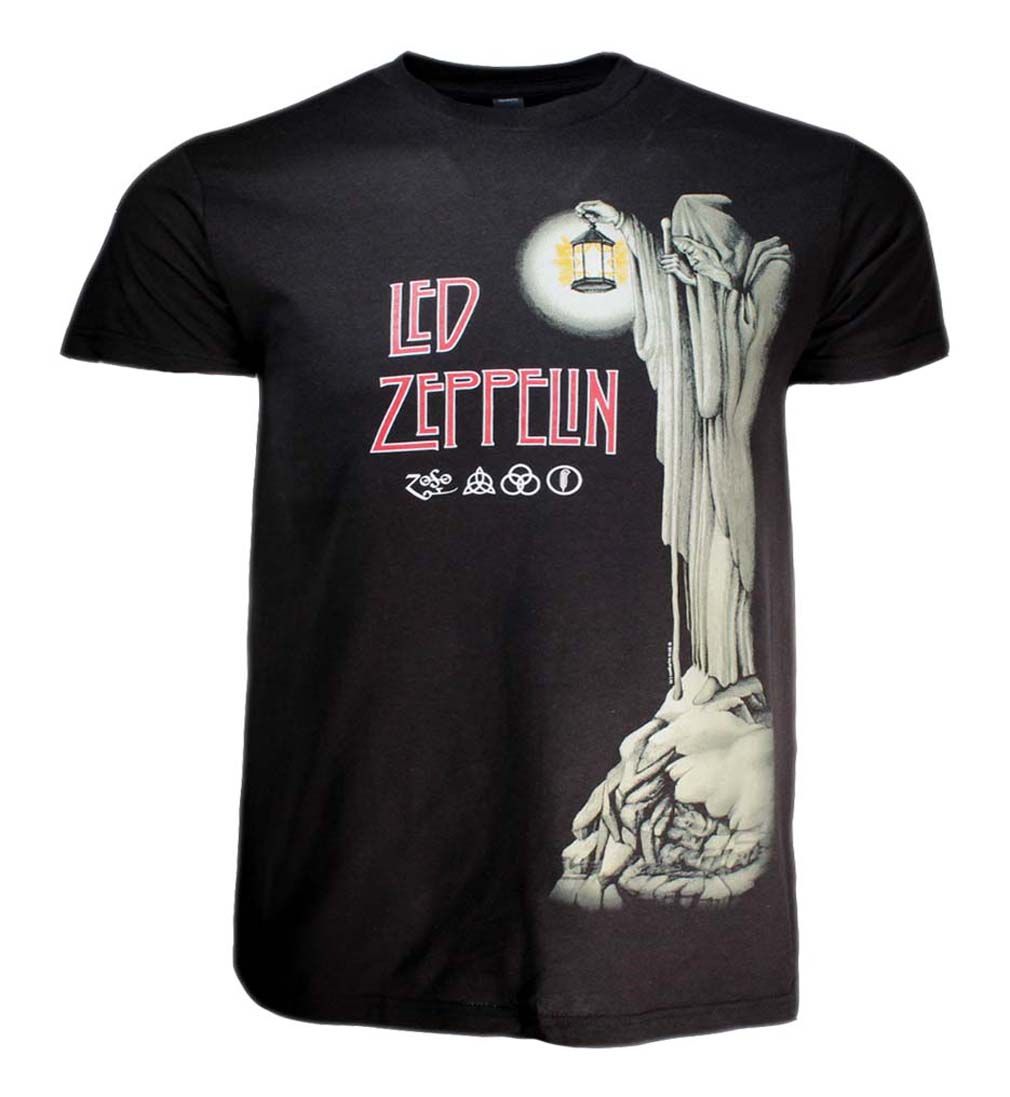
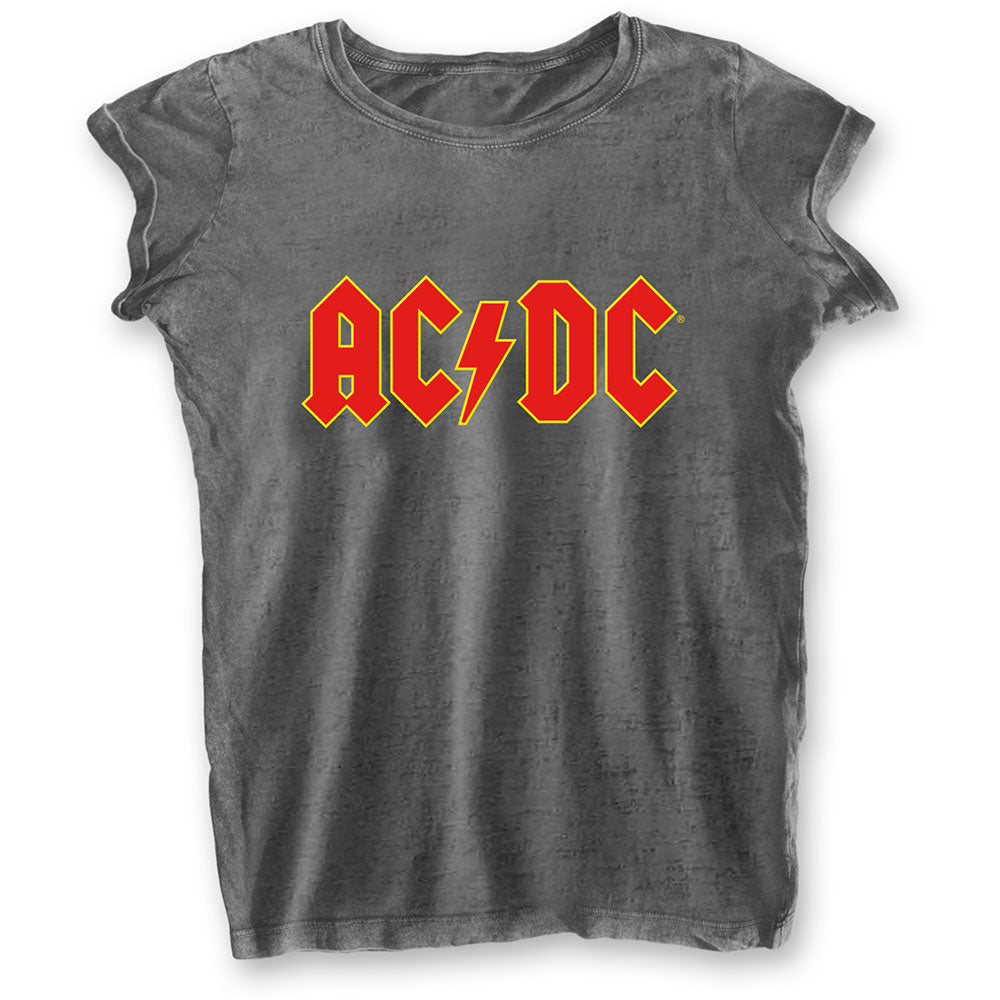
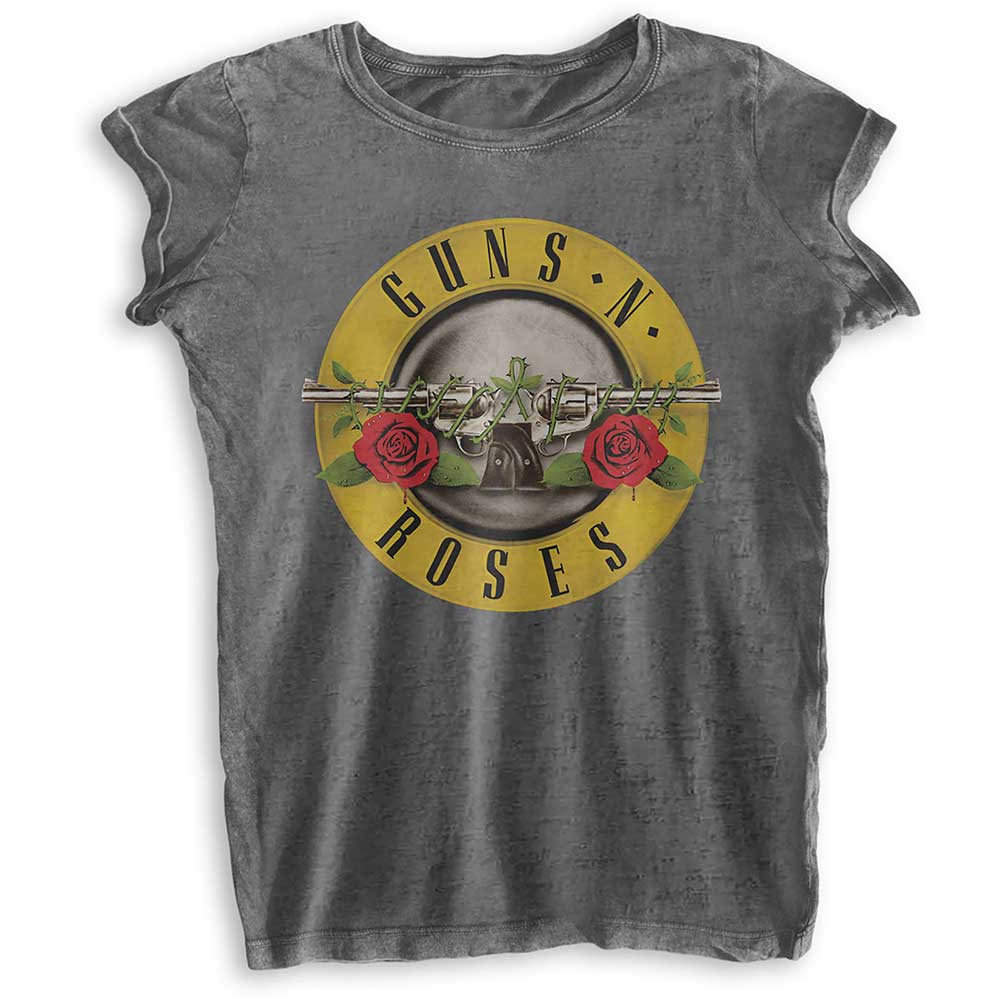
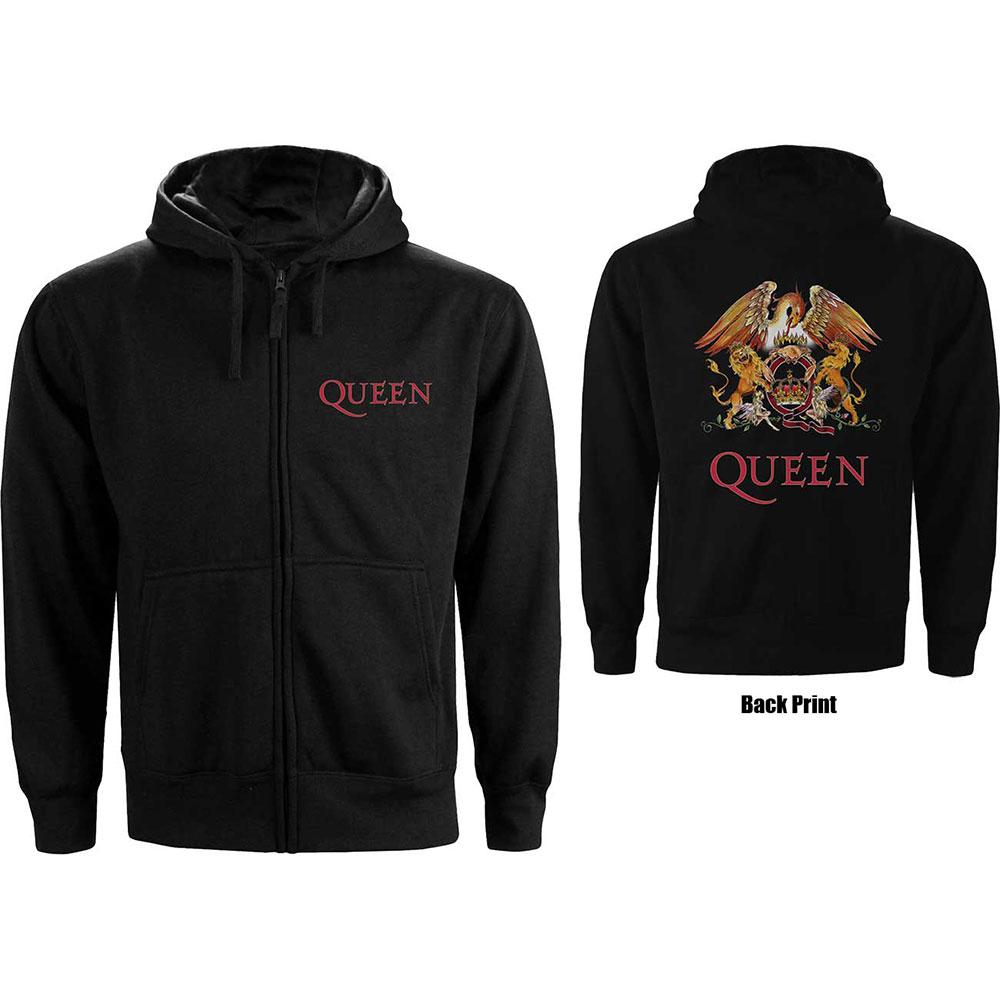
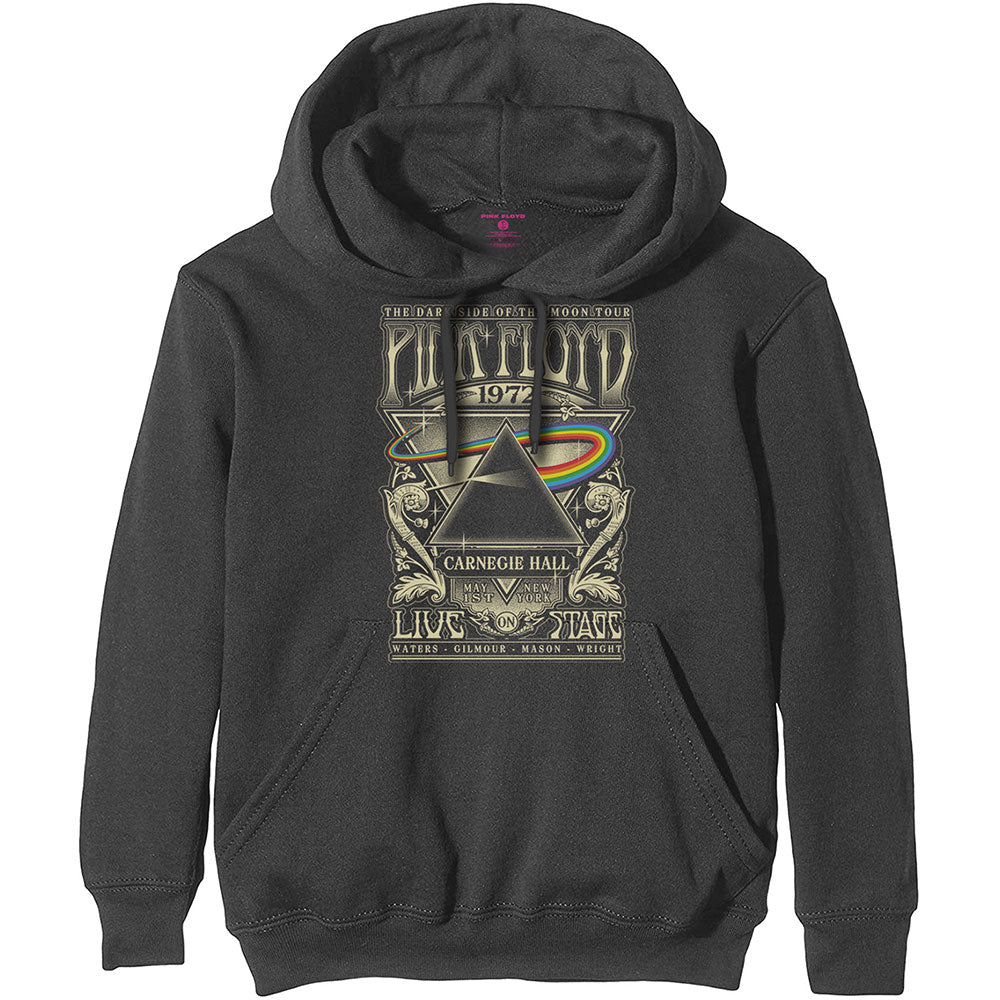

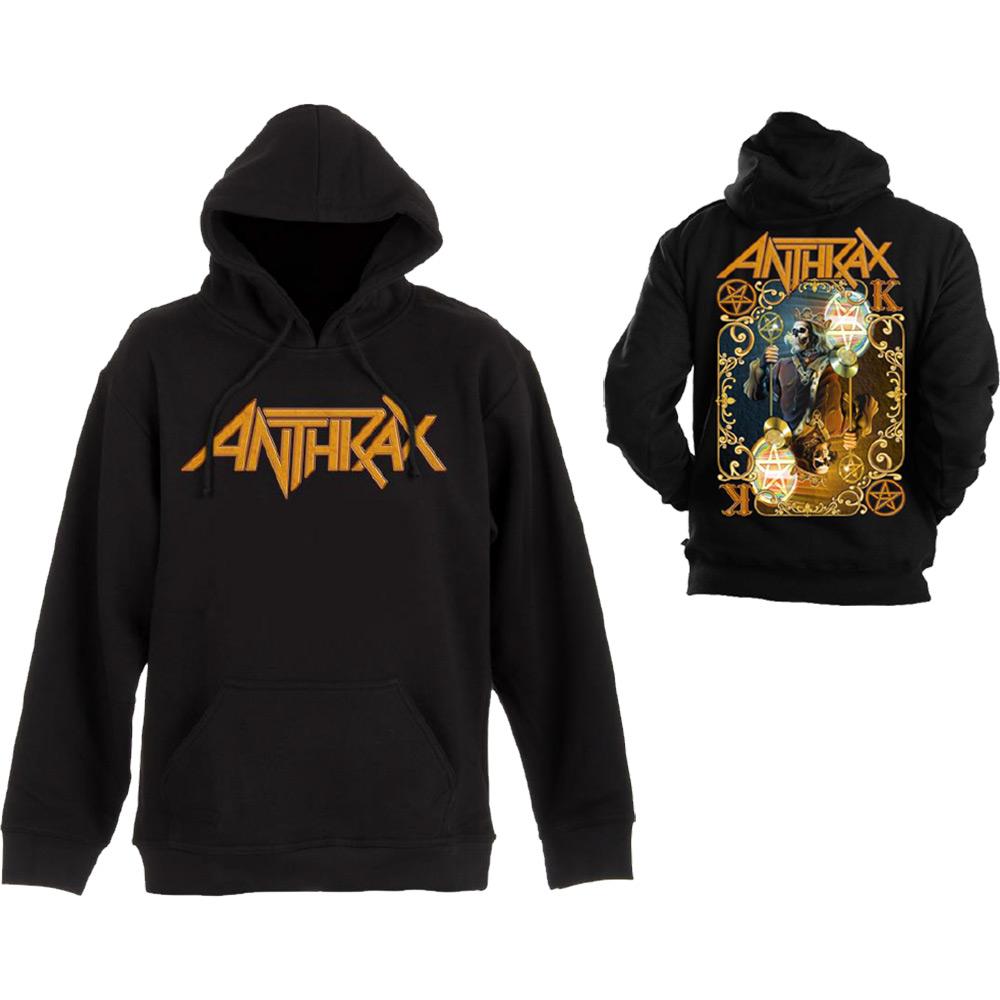
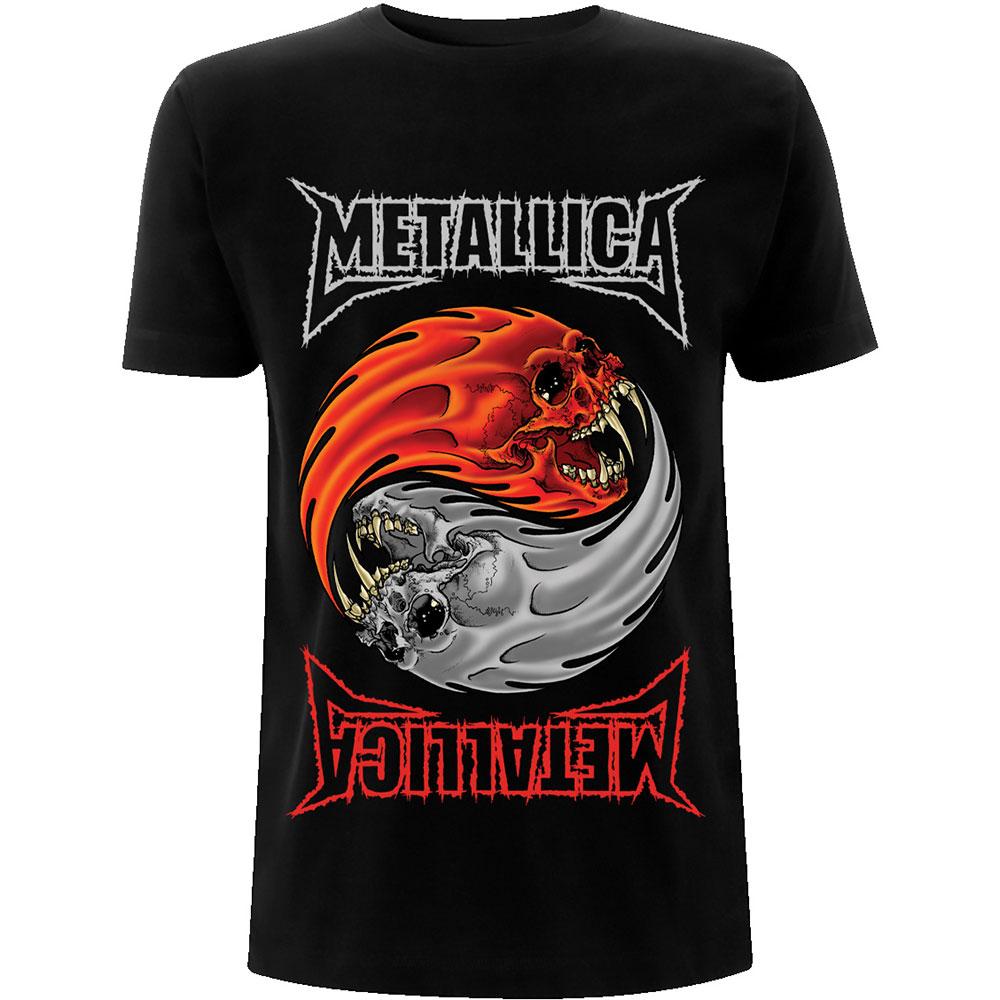

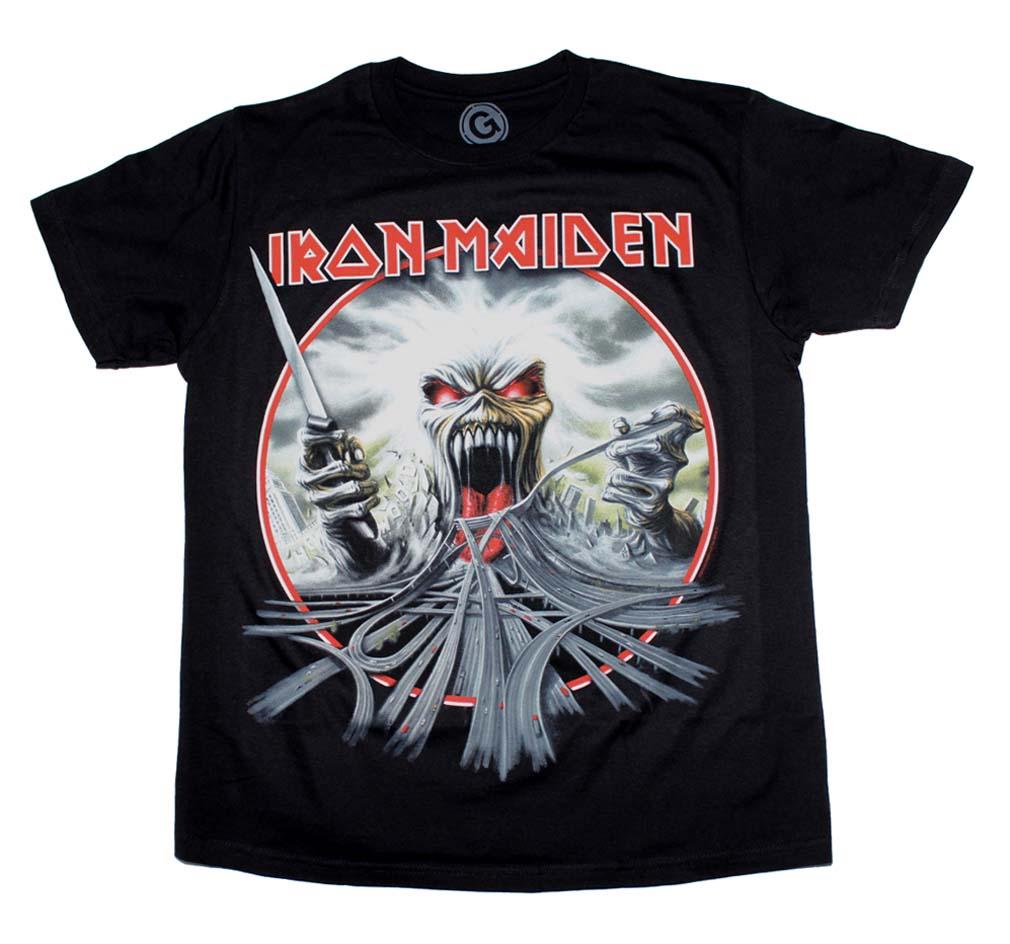
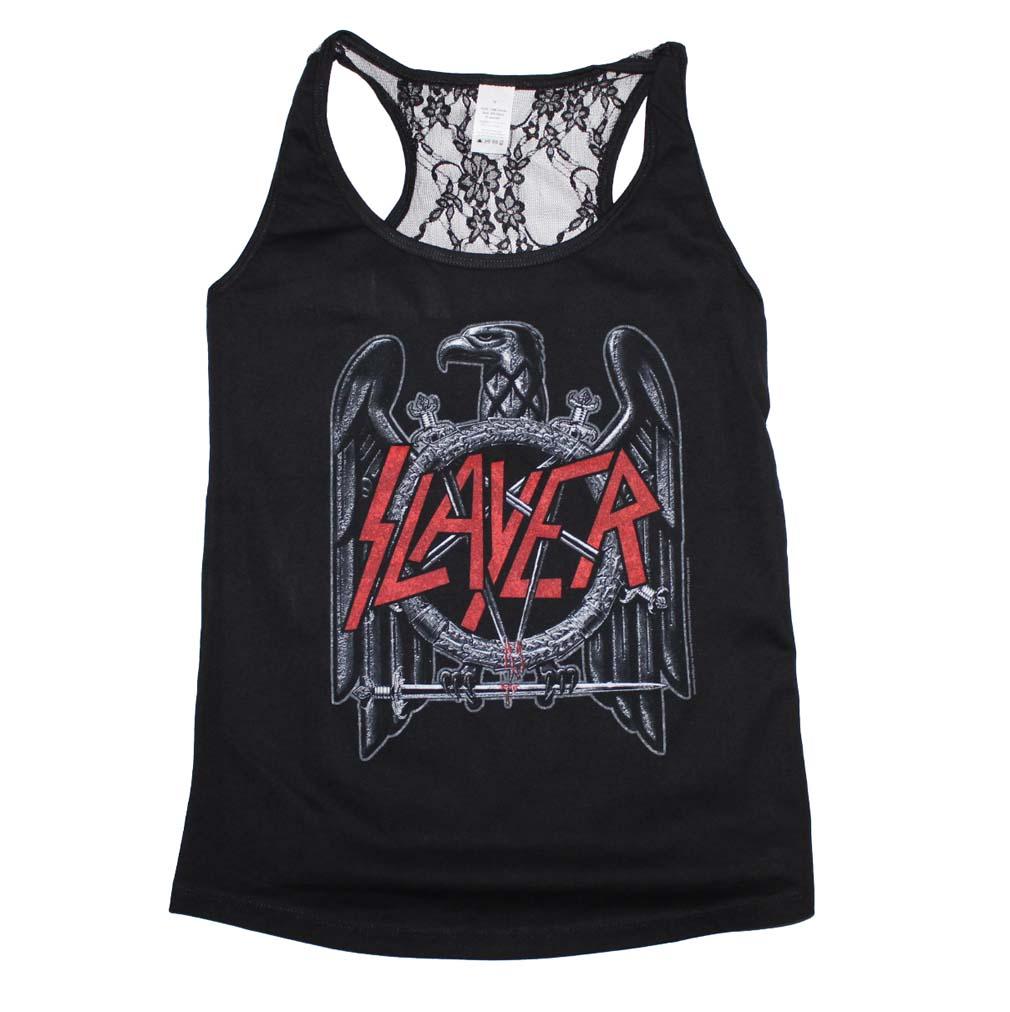

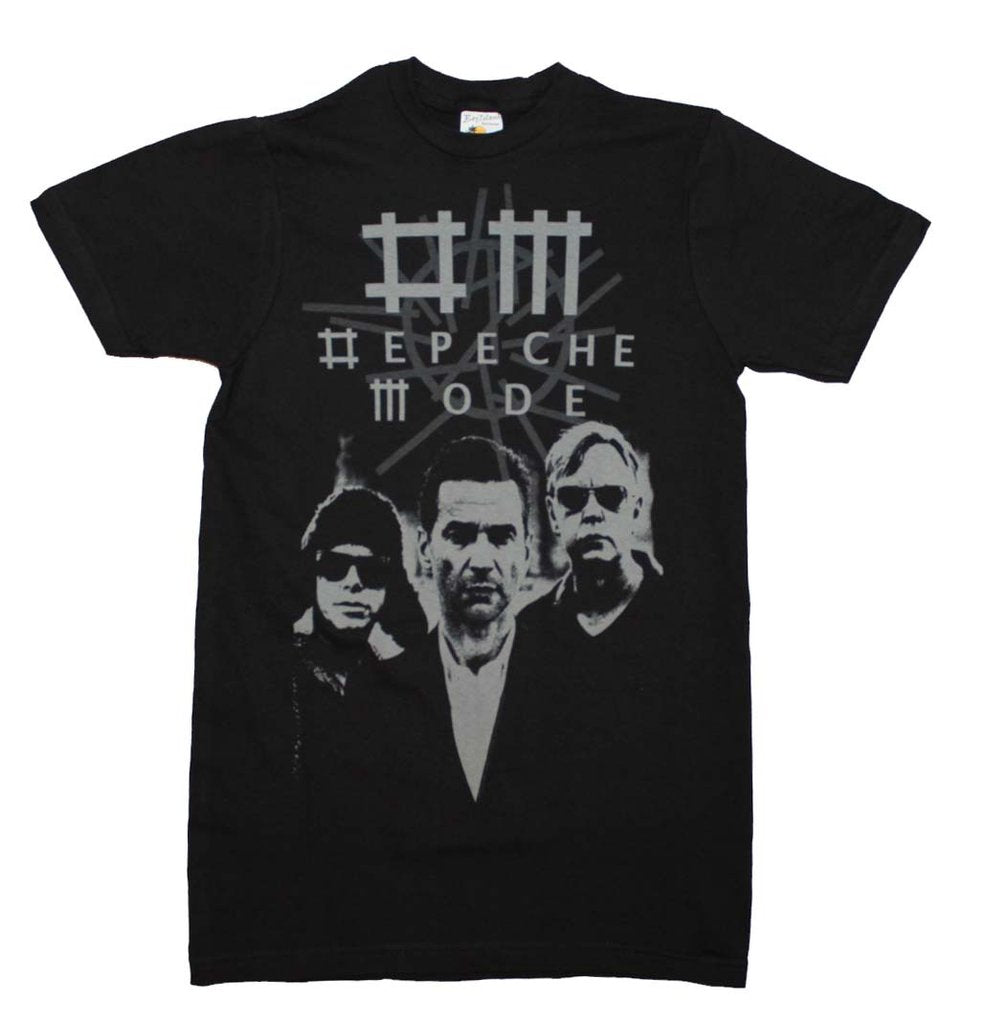

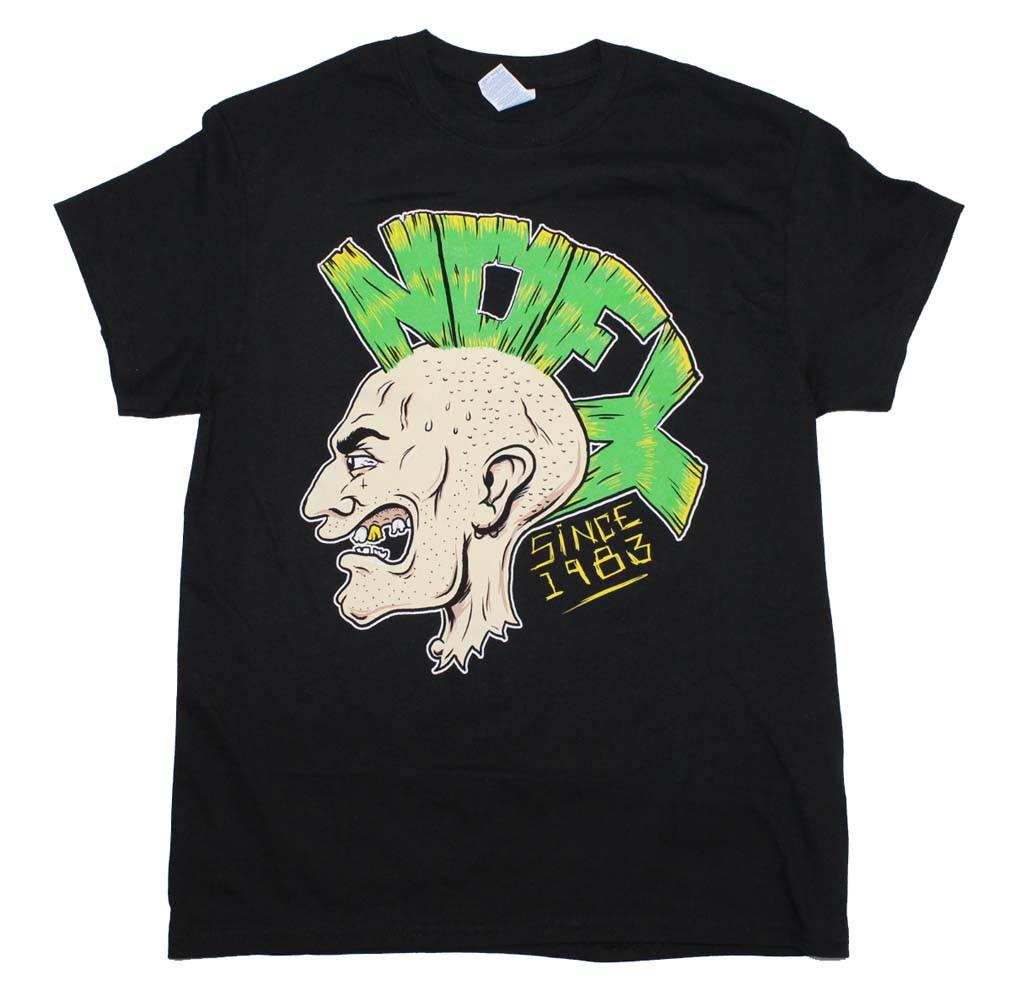
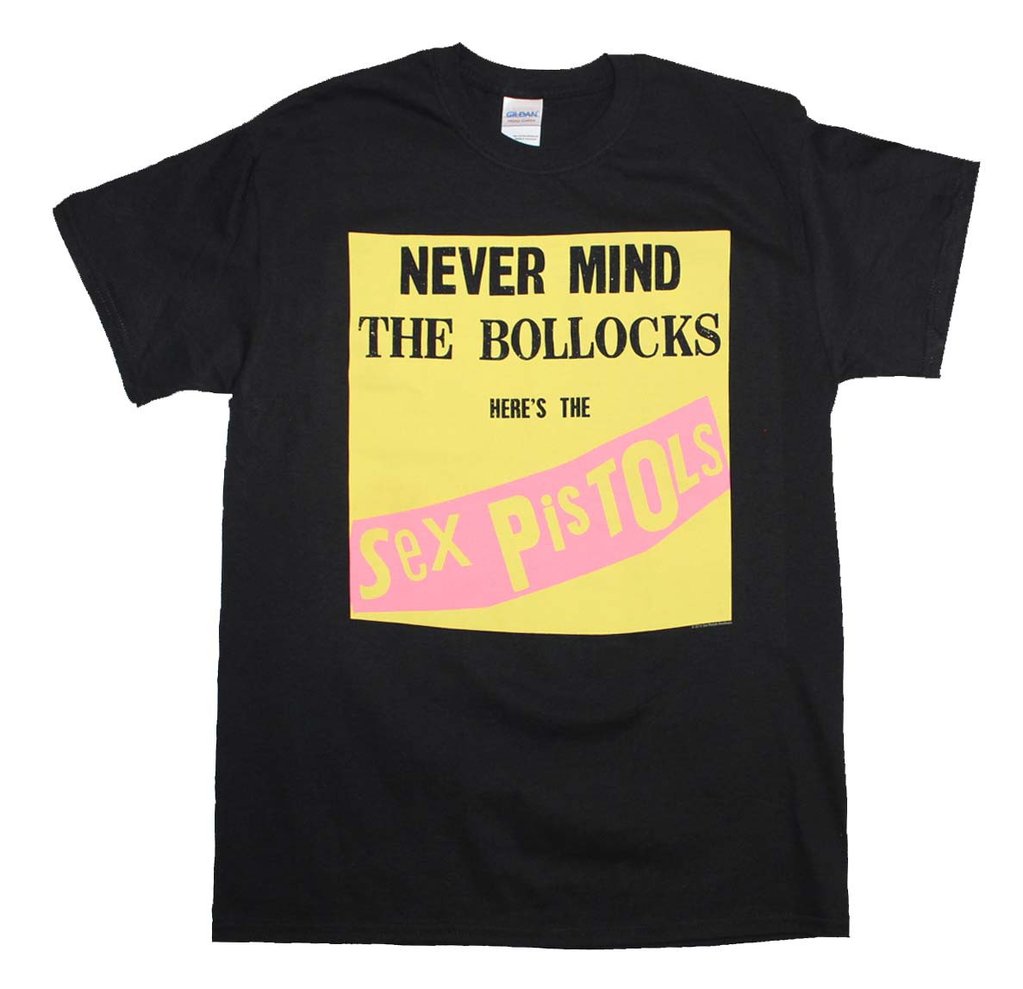
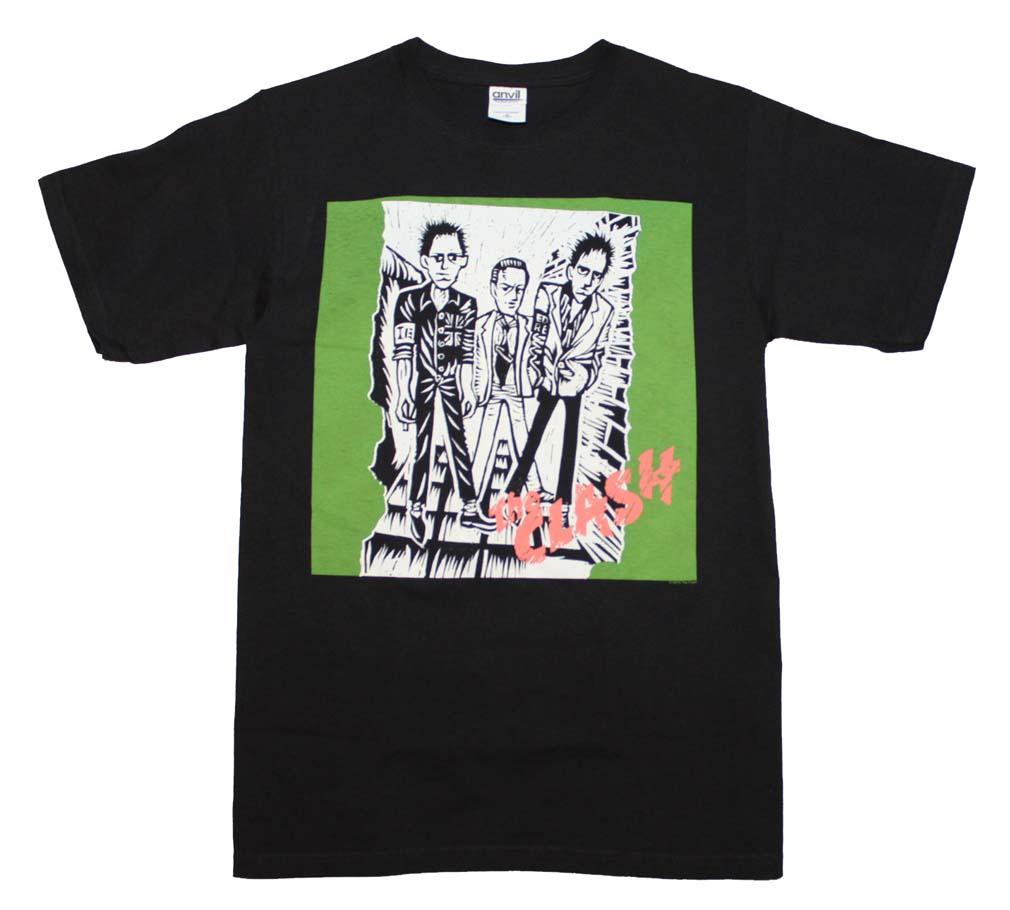
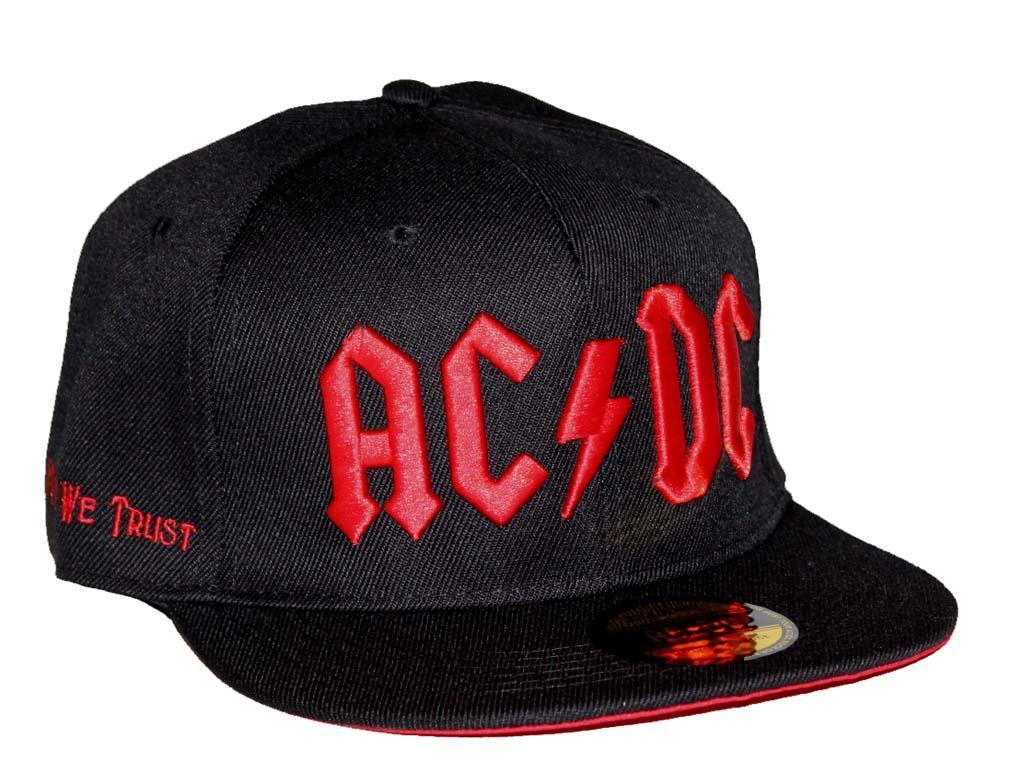
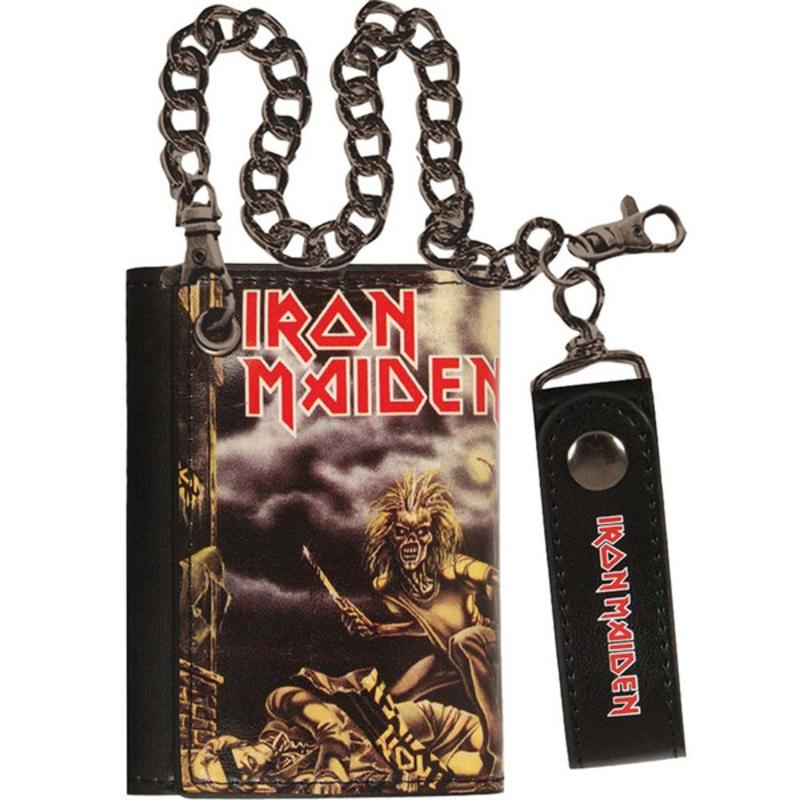


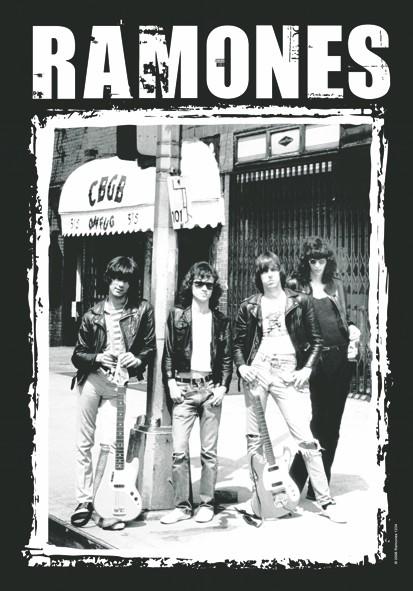
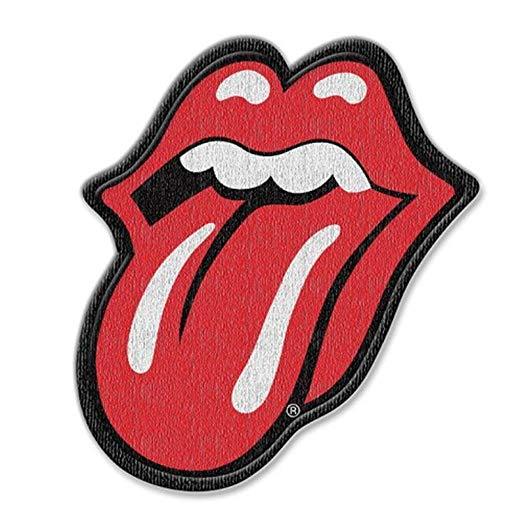

Comments
1 comment
Paula Currell
What can I say. I devour every word I can find written about Leonard.I am not in the music or literary industry, just another of the many who count him as family. He is still so much alive. The dvd’s You speak of are played so often and reassure us that he is still here. I have the luck of seeing Leonard 4 times, 1979, 81, 2009 and 10. My children were brought up and taught by him. They honour and live his words and songs today. I don’t always understand his lyrics, it is often irrelevant as the subconscious and emotional feelings are enough. I know the justice and political values, the humour and warmth he radiates. I love him first as a person and second as an artist. He is and will always be immediate family. I loved your article.